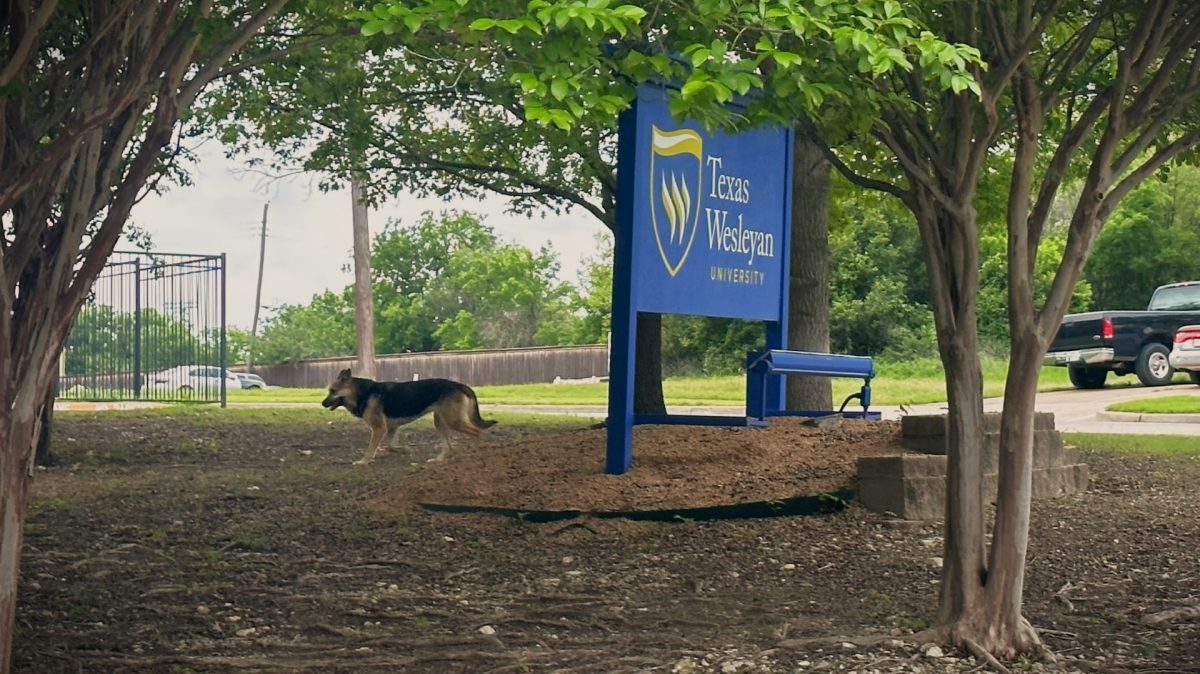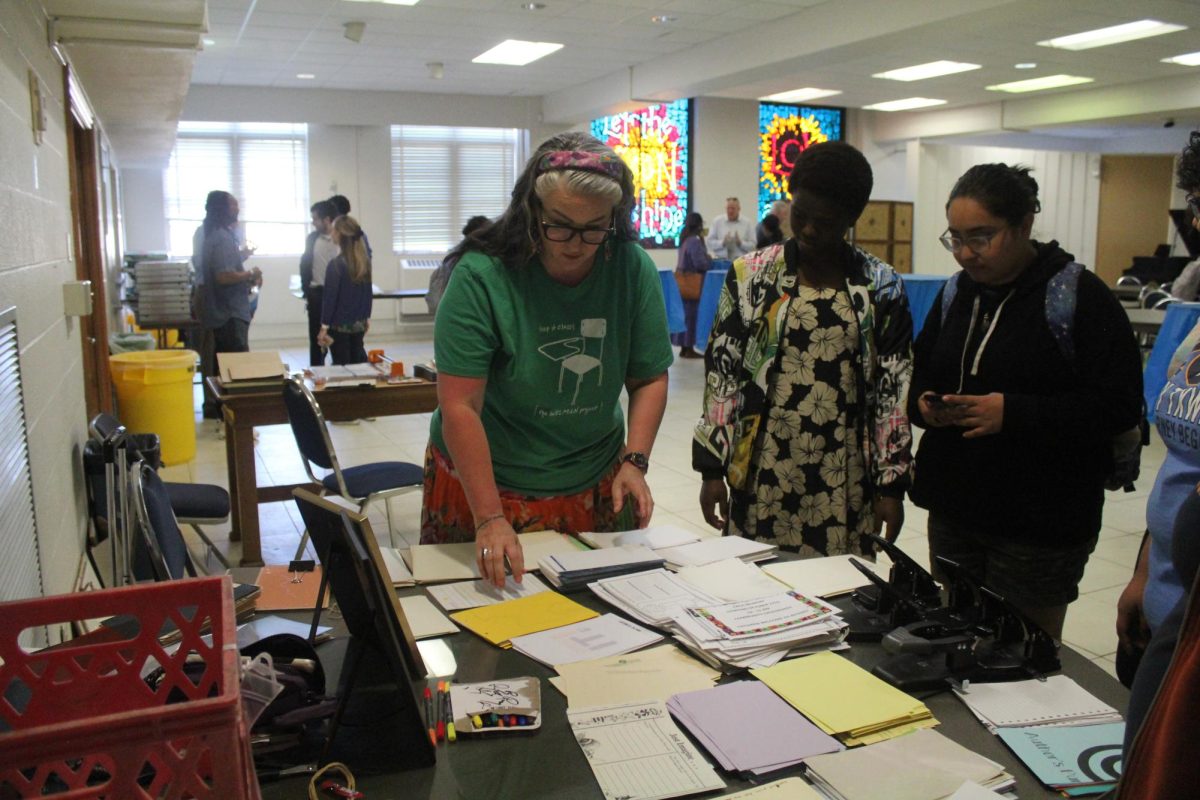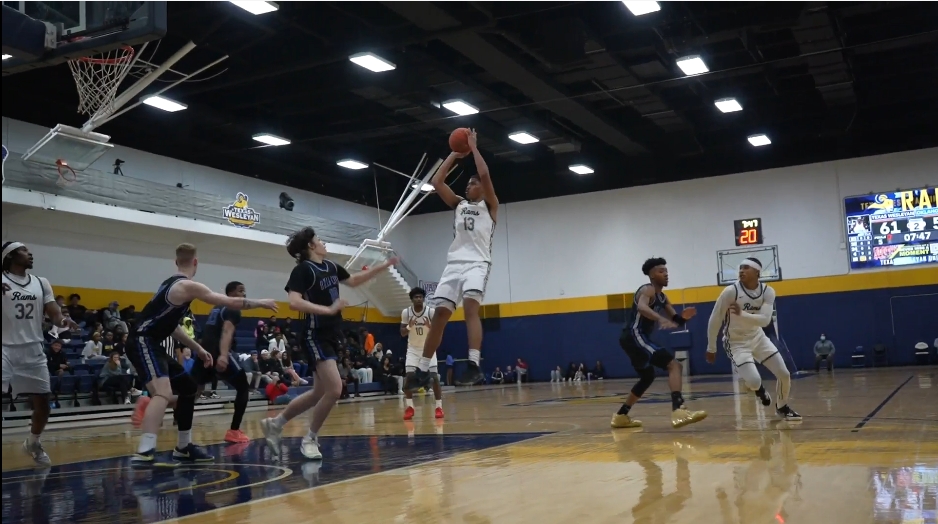
More than eight out of 10 college students continue to use their electronic devices even after they are damaged.
Seventy-five percent of students must repair or replace at least one or more damaged technology device during the school year.
According to a nationwide back-to-school survey by Protect Your Bubble, a nationwide protection provider, 73 percent of the time the damage occurs during the school year and 86 percent of those students continue to use the device even after it is damaged.
Protect Your Bubble conducted this online survey to identify just how often students have to replace or repair their technology throughout the school year.
The results were no surprise to Analise Garcia, a freshman business major, who has already benefited from Texas Wesleyan’s Information Technology Service Desk on campus twice this semester.
“Technology is so important in all aspects of college life and necessary for school, work and social purposes” Garcia said. “We use technology so much, especially at our age, and we are often careless. I already need a new phone this semester.”
Wesleyan’s IT Service Desk can provide free solutions to students on campus faced with computer technical difficulties, said Sallie Trotter, service desk director.
“This free service is such a big deal and saves students a lot of money,” Trotter said. “I haven’t heard of many universities that offer a service like this.”
The IT desk reported roughly 200 laptops were checked in for repairs this year, George Blackwell, IT service desk manager said. About 400 laptops were repaired in 2014, he said.
“That number would probably be double if we counted the numerous amount of minor repairs or technology assistance provided to students on spot,” he said.
The free services include virus removal and software repairs on laptops, he said. Eighty to 85 percent of issues with laptops are software related.
Viruses seem to be a common problem among laptops, said Dana Rankev, senior English major.
“The technology help desk is very helpful and it’s great to have them on campus,” she said. “They have helped me with viruses on my computer several times.”
Difficulties with technology are very typical among students today, said Kathryn Smith, a senior English major.
Smith has been through three cellphones in her two years at Wesleyan.
“I got a virus on my laptop right before the semester started,” she said. “It’s common for technology to malfunction. Not to mention we are becoming less and less cautious about technology now because it’s second nature to always have it around.”
Technical difficulties with university websites, such as BlackBoard and Ramlink, sometimes pose more difficulties, said Emily McDermott, senior English major, who hasn’t had trouble with her MAC in a very long time.
“I have had to repair and replace laptops in the past, but mostly smartphones due to user errors, outdated and water damage,” McDermott said.
Internet and email are one of the biggest problems reported to the service desk, said Abby Wilson, student service desk coordinator.
“Our self-help videos are really helpful for students who want to fix problems like these on their own,” she said.
Stephanie Hendrix, a senior sociology major, said that it is typical that many students have to repair and replace their devices. She generally only uses technology for school stuff.
“Younger students living on campus might not take care of their stuff very well due to their lifestyle and they end up accidentally breaking it,” Hendrix said. “I haven’t really had to repair or replace anything over the past few years.”
When it comes to repairs and replacing technology, it really depends on the person who is using it, said Luis Garcia, sophomore criminal justice major.
He hasn’t had to replace or repair anything but his phone in the past two years at Wesleyan.
“I try to be safe with my stuff and take care of it,” Garcia said. “I replaced my phone because it was outdated and I have had the same laptop since my junior year of high school.”
Students cannot successfully complete college assignments without technology, said junior sociology major Beth Ransom. Ransom has just bought a new laptop 3 months ago.
“Technology to me is invaluable,” Ransom said. “These results seem pretty accurate. Technology doesn’t really seem to last. You get what you pay for.”


![Pippin, played by Hunter Heart, leads a musical number in the second act of the musical. [Photo courtesy Kris Ikejiri]](https://therambler.org/wp-content/uploads/2025/04/Pippin-Review-1200x800.jpg)
![Hunter Heart (center), the play's lead, rehearses a scene alongside other student actors. [Photo courtesy Jacob Sanchez]](https://therambler.org/wp-content/uploads/2025/04/thumbnail_IMG_8412-1200x816.jpg)
![Student actors rehearse for Pippin, Theatre Wesleyan's upcoming musical. [Photo courtesy Jacob Rivera-Sanchez]](https://therambler.org/wp-content/uploads/2025/04/Pippin-Preview-1200x739.jpg)


![Harriet and Warren, played by Trinity Chenault and Trent Cole, embrace in a hug [Photo courtesy Lauren Hunt]](https://therambler.org/wp-content/uploads/2025/02/lettersfromthelibrary_01-1200x800.jpg)




![The Texas Wesleyan University women's golf team walks the course. [Photo courtesy of Corrina Griffin]](https://therambler.org/wp-content/uploads/2025/04/rounds-902x1200.jpg)



![Lady Rams softball wraps up weekend against Nelson Lions with a victory [6 – 1]](https://therambler.org/wp-content/uploads/2025/04/Screenshot-2025-04-04-100924-1200x647.png)


![Lady Rams softball sweep Langston Lions in first SAC Doubleheader [2 – 0]](https://therambler.org/wp-content/uploads/2025/02/SoftballLions.png)












